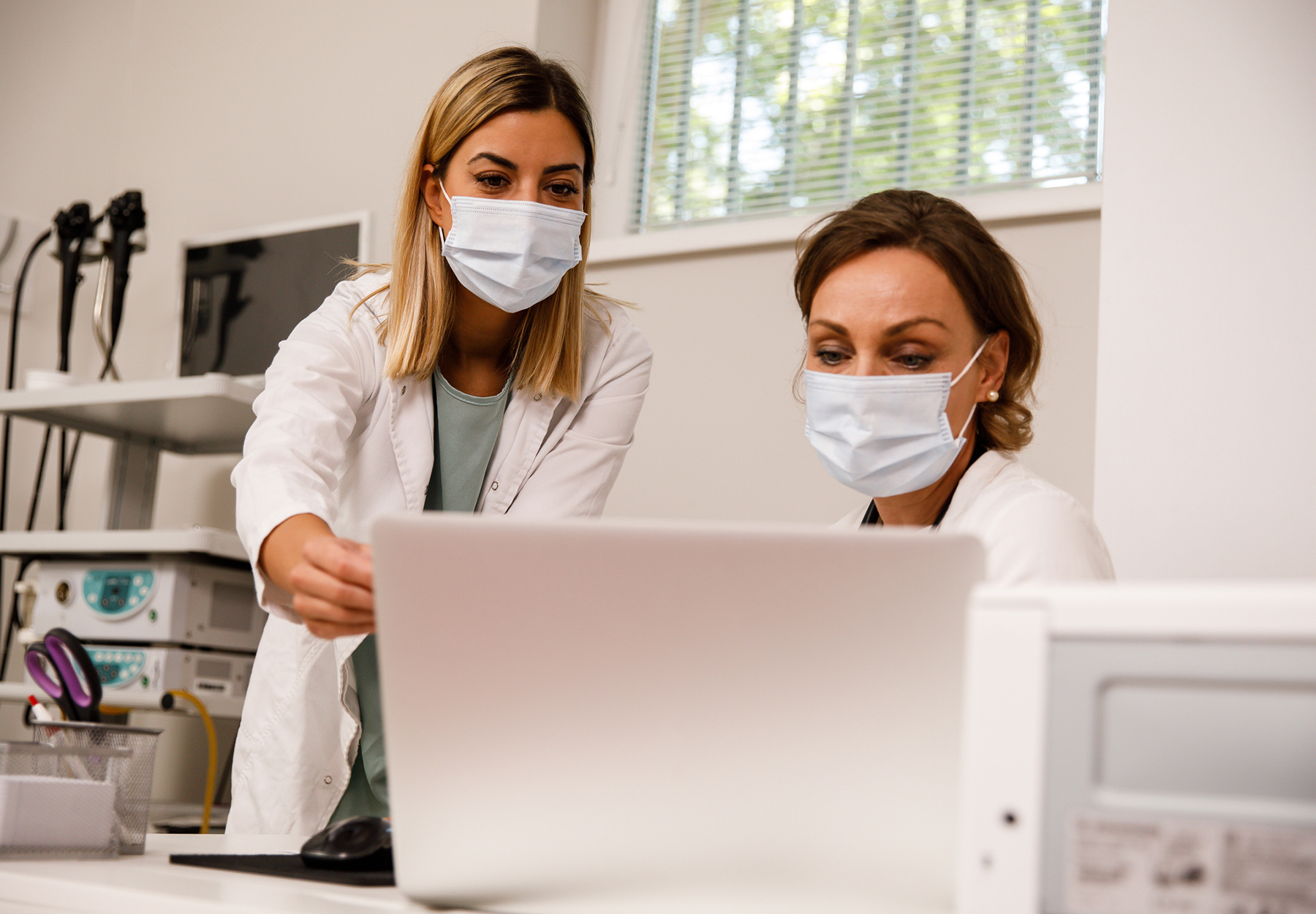Who’s Allowed to Bill for Laboratory Reference Testing?
An overview of the rules and requirements to help you keep your reference laboratory billing arrangements compliant.

Reference testing is typically performed by an independent laboratory on specimens provided by another laboratory. The question of who or what entity can bill for the testing can be somewhat complicated. Here’s an overview of the rules and requirements to help you keep your reference laboratory billing arrangements compliant.
Reference Billing Rules for Hospital Referrals
The former Medicare Hospital Manual, Section 437, stated that “Hospital laboratories billing for either outpatient or non-patient claims [should] bill the intermediary under a provider agreement.” Subsection D continued: “When you obtain laboratory tests for outpatients under arrangements with clinical laboratories or other hospital laboratories, only you can bill for the arranged services.” Separate reimbursement for referred inpatient services does not exist under the Prospective Payment System (PPS). Section 407 discussed inpatient services. You won’t find the Hospital Manual online today. Most hospital information is currently found in the Claims Processing Manual. The following Medicare definitions clarify the different types of hospital patients:- Inpatient: A person who’s been formally admitted to a hospital floor under written orders from a treating doctor with the length of stay typically longer than 24 hours.
- Outpatient: A patient who’s not admitted but is registered on hospital records to receive services—usually during daytime hours. Emergency department (ED) services and observation services are considered outpatient services.
- Non-Patient: A patient who doesn’t directly visit the hospital but whose specimens are referred for analysis by personnel who aren’t employed by the hospital.
1. Inpatient Referrals
Inpatient laboratory specimens referred to another laboratory for analysis should be billed to the hospital by the reference (or performing) laboratory. The hospital then bills Medicare. Reimbursement falls under the beneficiary’s particular DRG (diagnosis related group) classification(s) according to the ICD-10 codes reported. Thus, separate reimbursement for the referred services doesn’t exist under the IPPS (Inpatient Prospective Payment System). Certain “waivers” (Maryland) and skilled nursing facilities (SNFs) provide additional exceptions to laboratory payment protocols. However, all hospital inpatient testing, whether PPS or non-PPS, and whether provided by the hospital under arrangement, is to be billed by the hospital. If a hospital refers testing to another hospital laboratory, the latter is acting like an independent laboratory and the testing should be billed back to the referring hospital laboratory.2. Outpatient Referrals
Outpatient services referred to another laboratory should also be billed by the reference laboratory to the hospital. The hospital then bills the Medicare program on behalf of the beneficiary. Reimbursement currently falls under the Outpatient PPS (OPPS). CPT codes reported are assigned to an ambulatory patient classification (APC); the APCs are aligned to an allowed amount. Most laboratory APCs are bundled into the reimbursement for the primary patient procedure. Example: For laboratory testing in the ED, testing is bundled into the CPT/APC for the ED visit. As of about 2018, most laboratory procedures are bundled versus being paid separately from the Clinical Laboratory Fee Schedule (CLFS). Certain procedures relating to molecular diagnostics and blood banking are exempt from bundling. As with inpatients, there are exceptions (state of Maryland, SNFs, hospice). In general, this outpatient billing protocol is frequently overlooked or misunderstood by both the referring and performing entities.3. Non-Patient Referrals
When a hospital laboratory performs non-patient testing, it’s again acting like an independent laboratory. Since the testing is neither inpatient nor outpatient, it’s reimbursed under the CLFS when reported with bill type 14X (Non-Patient Laboratory Specimens). This pertains to hospital outreach laboratory services as well. The Medicare Claims Processing Manual Chapter 16, Section 40.3 states: “Hospital laboratories, billing for either outpatient or non-patient claims, bill the A/B MAC (A). . . When the hospital obtains laboratory tests for outpatients under arrangements with clinical laboratories or other hospital laboratories, only the hospital can bill for the arranged services.”IL to IL Referrals
An independent laboratory (IL) that sends tests to a reference laboratory (which is deemed another IL) may bill for the referred testing when both laboratories are specialty 69 (clinical laboratories billing independently). Payment may be made to the referring laboratory but only if one of the following conditions is met:- The referring laboratory is located in, or is part of, a rural hospital;
- The referring laboratory is wholly owned by the entity performing such test, the referring laboratory wholly owns the entity performing such test, or both the referring laboratory and the entity performing such test are wholly-owned by a third entity; or
- The referring laboratory doesn’t refer more than 30 percent of the clinical laboratory tests for which it receives requests for testing during the year (not counting referrals made under the wholly-owned condition described above).
Subscribe to view Essential
Start a Free Trial for immediate access to this article